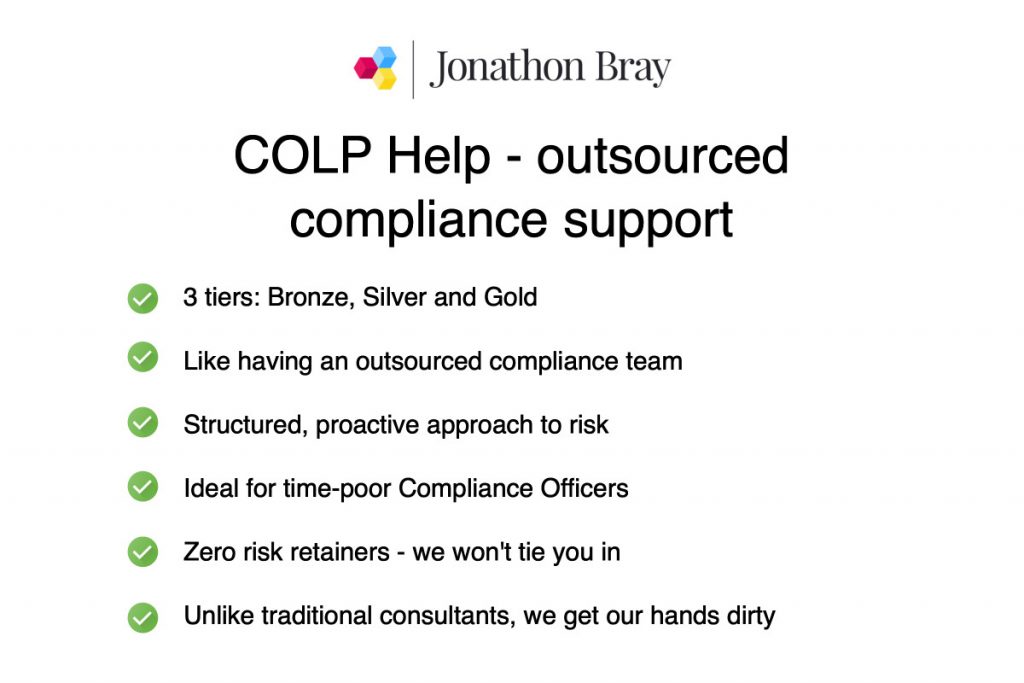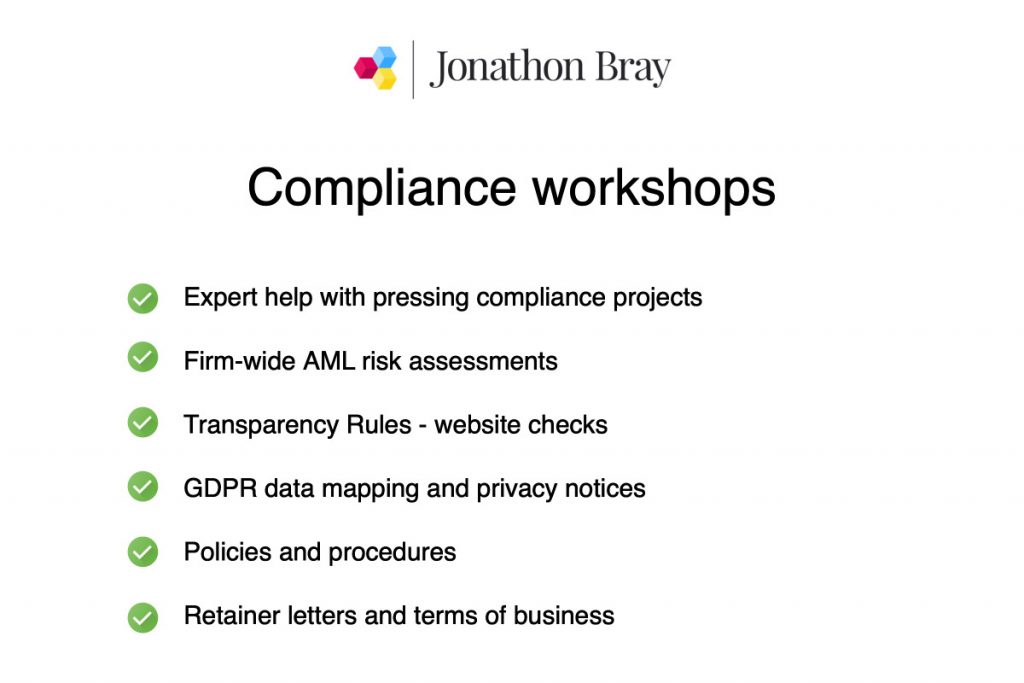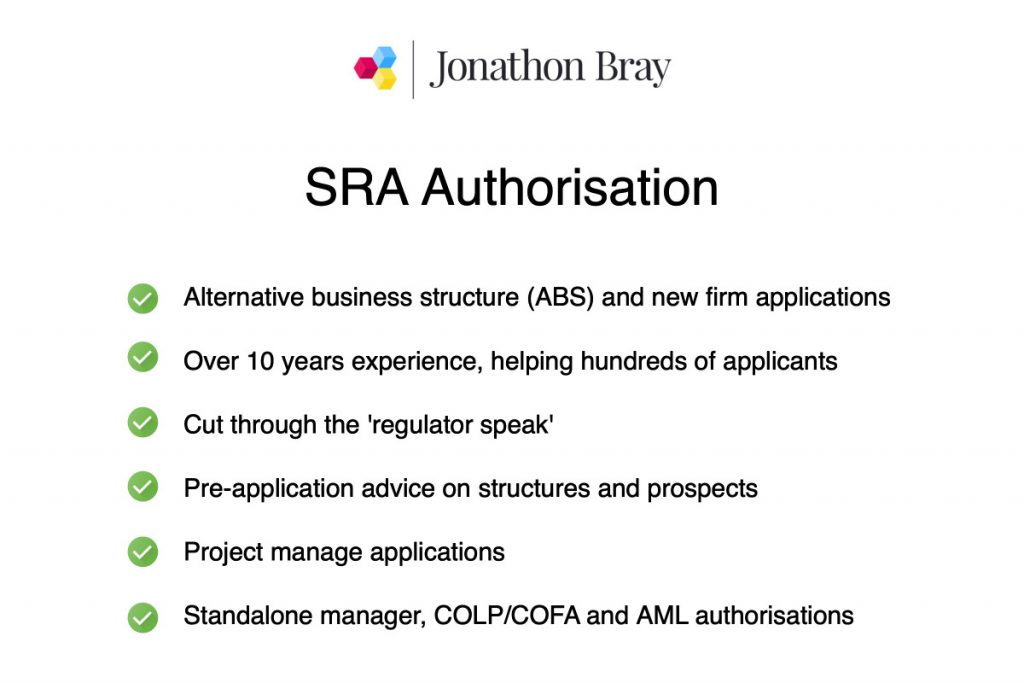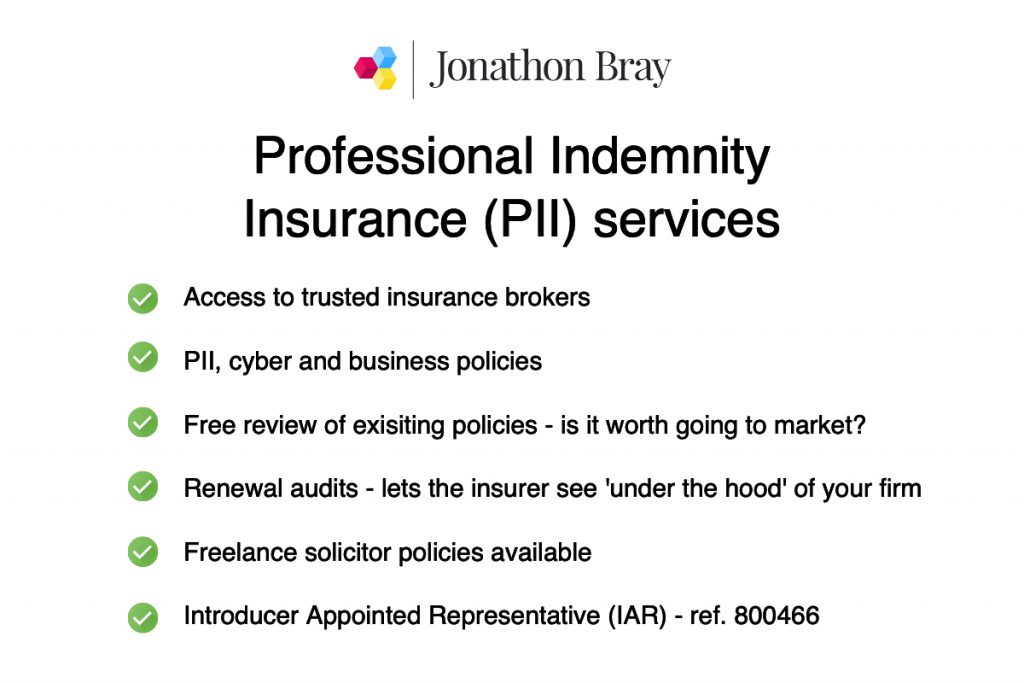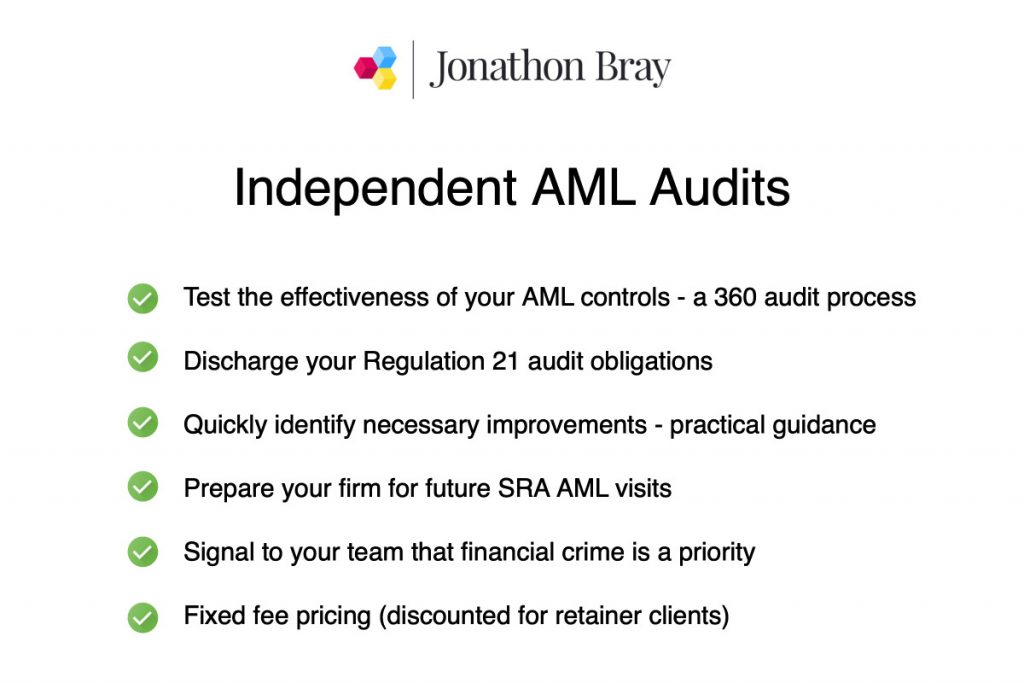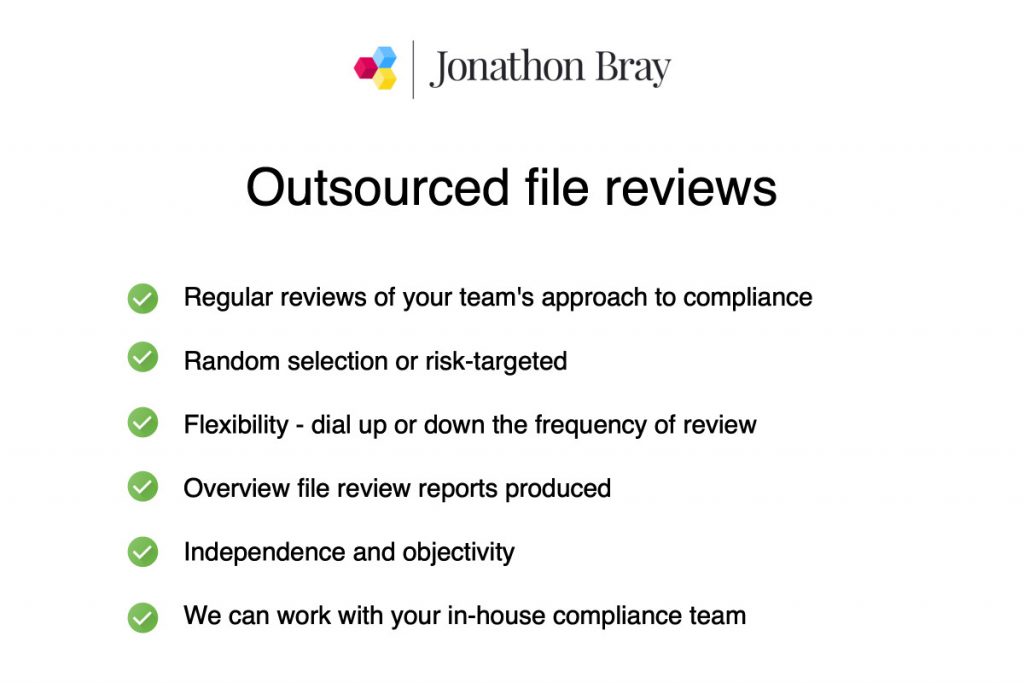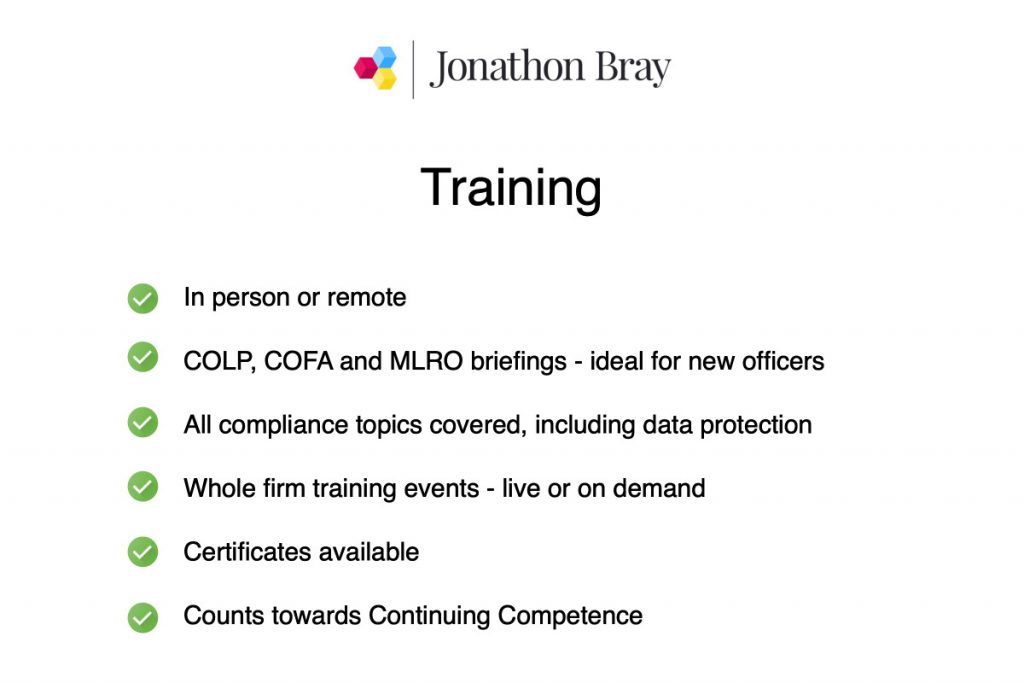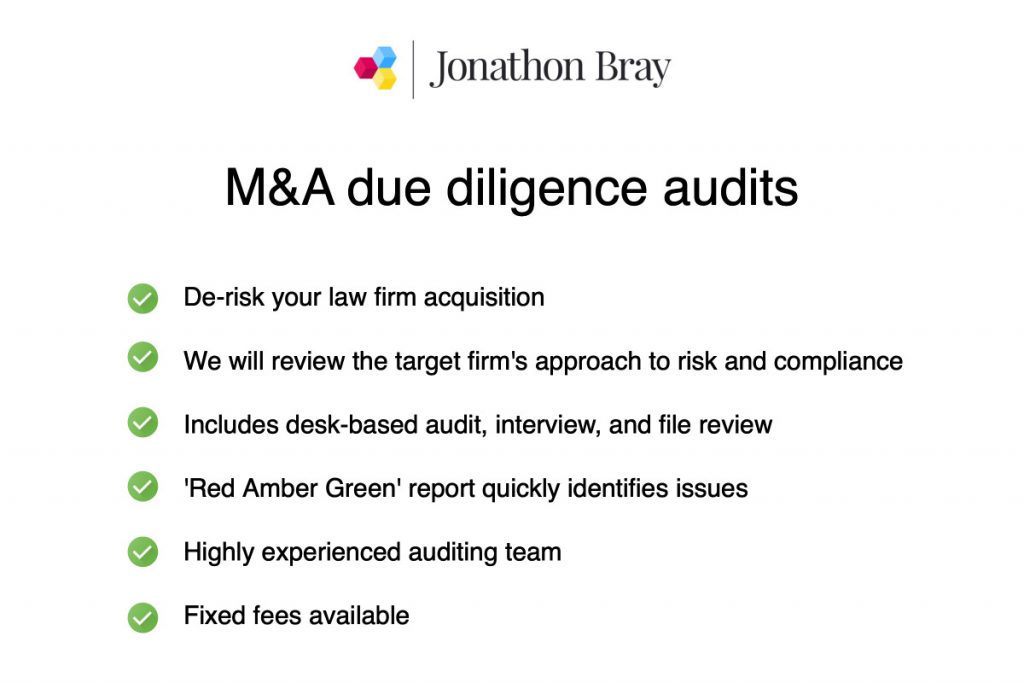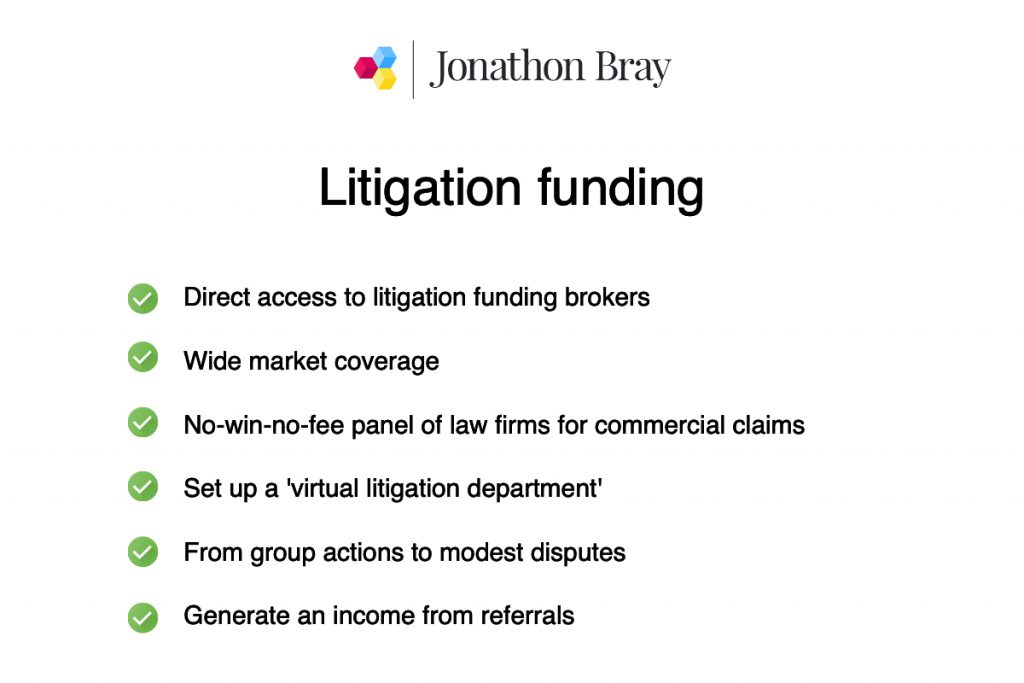
A festive reminder: Safeguarding your firm against cybercrime this Christmas
With the festive season upon us, bringing with it a spirit of joy and celebration, what better time for COLPs to receive an email from the SRA about that less-than-cheery modern phenomenon: cybercrime.
Last week, the regulator wrote to Compliance Officers highlighting the importance of cybersecurity, continuity planning and reporting serious issues around cyber attacks. The profession has recently been subject to some high-profile attacks, including a damaging incident involving CTS, an IT provider for the legal sector.
A cautionary tale: The impact of work pressure on legal ethics
The Solicitors Disciplinary Tribunal (SDT) recently heard the case of Ian Patrick Charles Clay, which contains important lessons about the effect of overwork on ethical decision-making.
The case centred around his handling of client cases while under significant work pressure. Clay failed to inform two clients about important developments in their employment tribunal claims. He also misled one client about the reason her claim was struck out, attributing it to the claim’s merits rather than his failure to attend a hearing. The Tribunal suspended Clay for six months and ordered him to complete compliance training before resuming practice.
The SDT emphasised the importance of solicitors being open with their clients when encountering problems due to work pressure.
Read the full article and practical tips
More cautionary tales: Solicitors accounting systems and “Rule 8”
As the season of giving and reflection approaches, we can draw inspiration from the timeless Christmas tales of Charles Dickens to explore the importance of adherence to Rule 8 of the SRA Accounts Rules.
(Yes, it’s a stretch but let’s go with it.)
Just as Scrooge learned the value of generosity and kindness, legal professionals must embrace the spirit of ethical practice, particularly in managing client accounts.
(I know, it’s worse than you thought.)
ICYMI: Effective complaints handling for solicitors (Top Tips)
Complaints management is unfortunately a critical aspect of legal practice. Solicitors and law firms must navigate complaints with skill and care. It is an area that the SRA takes seriously, so understanding how to manage minor grievances and serious complaints effectively is vital for maintaining client trust, keeping the regulator at bay and ensuring you get paid.
ICYMI: Lessons learned: £100K fine for law firm’s AML compliance failures
Ashfords LLP, a prominent regional law firm, was recently fined over £100,000 by the Solicitors Regulation Authority (SRA) due to failures in complying with anti-money laundering (AML) regulations.
The regulatory sanction – one of the biggest fines ever handed out by the SRA – was for lapses in dealing with potential money laundering risks in three property transactions. Two of these transactions may have involved a sanctioned entity, although there were no suggestions that the firm had helped to facilitate any financial crime.
Enforcement action for AML-related breaches are increasingly common, which reflects the SRA’s strategy for prioritising its duties as a ‘supervisory authority’ under the Money Laundering Regulations. Most of the fines issued by the regulator are relatively minor, although they are trending upwards. Other notable fines include:
- Mishcon De Reya LLP – £232,500 fine for several breaches relating to AML rules. The firm admitted to failing to conduct adequate due diligence on a number of clients.
- Ferguson Bricknell – £20,000 fine for failing to have AML training and systems in place.
Read the full article for the reasons and lessons learned.
News and Guidance

SRA Updates
- Profession’s diversity continues to improve but more to do – The SRA’s 2023 report on law firm diversity reveals gradual improvements in diversity within the legal profession, but acknowledges there’s more work to be done:
- Gender Representation: The proportion of women in the legal profession has increased slightly to 53%, up from 52% in 2021. Women constitute 37% of partners, a 2% increase since 2021. However, women are underrepresented in senior roles, particularly in larger firms.
- Ethnic Diversity: 19% of lawyers across all firms are from Black, Asian, or minority ethnic backgrounds, a rise from 18% in 2021. This group includes 12% Asian lawyers, 3% Black, 3% Mixed/Multiple, and 1% from other minority ethnic backgrounds. Larger firms have a lower proportion of partners from these backgrounds compared to smaller or single-partner firms.
- Socio-Economic Background and Disability Representation: The legal sector still has a high proportion of individuals from ‘privileged’ backgrounds, though this is slowly decreasing. The number of lawyers with parents from a professional background fell from 60% in 2019 to 57% in 2023. The sector also sees an underrepresentation of individuals with disabilities, with only 6% of lawyers reporting a disability.
- Pay Gap Reports: The SRA has published gender and ethnicity pay gap reports. The median pay gap between Black, Asian, and ethnic minority staff and White staff has reduced to 7.6% in 2023, but still exceeds the UK-wide average. The gender pay gap stands at 9.3%, narrower than the national average. Actions are planned to further reduce these gaps.Paul Philip, SRA Chief Executive, emphasised the importance of a diverse and inclusive legal profession, noting the benefits for both the public and legal businesses. He acknowledged the progress made but recognises that more efforts are needed, especially in achieving greater diversity in senior roles.
- SRA rethinks Accounts Rules amendments – In response to the Axiom Ince scandal, the SRA has decided to postpone proposed changes to the Accounts Rules. This decision comes after a review of consumer protection arrangements, including risks to client money and the effectiveness of current protective measures. The proposed changes included clarifying the position on billing in advance.
Law Society Updates
- Guide: Suspicious activity reports – The Law Society’s guide on Suspicious Activity Reports (SARs) details the process for reporting suspected money laundering or terrorist financing to the National Crime Agency (NCA). SARs require low-threshold suspicion based on the existence of criminal property. SARs can be submitted electronically or via post/fax, and should include detailed identity information and glossary codes for efficient processing. A clear, concise explanation of the suspicion is crucial. If handling criminal property is suspected, a Defence Against Money Laundering (DAML) request is necessary. Post-submission, careful client interaction is advised to avoid ‘tipping off’ offences.
- What’s changing: Economic Crime and Corporate Transparency Act – Key provisions of the recently passed law include inserting a new objective into the Legal Services Act 2007 to tackle economic crime, reforms to Companies House, additional powers to combat cryptoasset-related crimes, and a new offence for failing to prevent fraud. The Act holds businesses liable if they don’t prevent staff or third parties from committing economic crimes, with specific focus on fraud offences. It applies to large organisations as defined by specific criteria, and includes new exemptions under the Proceeds of Crime Act 2002 related to money laundering offences and mixed-property transactions. The new legislation also gives the SRA unlimited fining powers for economic crime offences.
- Guide: UK economic crime regime – This guide outlines key legislation affecting solicitors and firms in tackling economic crime and money laundering.
- Guide: UK sanctions regime – This guide provides comprehensive information on managing and complying with sanctions. It covers the legal framework for the UK sanctions regime and highlights criminal offences related to sanctions, such as dealing with funds of designated persons. It advises on conducting sanctions risk assessments, checking clients against sanctions lists, understanding high-risk jurisdictions, and details on specific sanctions regimes like those against Russia. Additionally, it discusses the role of the Office of Financial Sanctions Implementation (OFSI) in granting licences for transactions involving designated persons and the newly formed Office of Trade Sanctions Implementation (OTSI).
Other Updates
- OFSI publishes annual review 2022 to 2023 “Strengthening our sanctions” – In its latest Annual Review, the Office of Financial Sanctions Implementation (OFSI) emphasises its focus on expanding the UK’s Russia sanctions regime, with significant assets frozen and oligarchs sanctioned. OFSI is transitioning to a proactive enforcement model, conducting complex investigations into Russia-related breaches. The review reported 473 suspected breaches of financial sanctions, leading to various enforcement actions including warnings and penalties. OFSI’s Licensing Unit processed 503 cases, reflecting a substantial increase in operational activities. Looking ahead, OFSI plans to enhance its enforcement model, develop intelligence capabilities, and increase collaboration and industry engagement, particularly in high-risk sectors and with international partners like OFAC.
- The Money Laundering and Terrorist Financing (Amendment) Regulations 2023 – These are minor changes stipulating that when assessing AML risk, UK domestic PEPs (and their family and associates) should initially be considered as posing an “inherently lower risk” than international PEPs.
- Legal Services Board confirms review of events leading up to the SRA’s intervention into Axiom Ince – The LSB has announced an independent review of the events leading up to the intervention in Axiom Ince, acknowledging the significant impact of the case and the need for independent scrutiny to maintain public and professional trust. The review’s terms of reference will be published in January 2024, with a completion target for spring 2024. The LSB will collaborate with Carson McDowell, a Northern Ireland-based law firm, to conduct this review. This firm is not regulated by the SRA, ensuring an independent perspective in the review process.
Free webinars and recordings

Next session: Unraveling the latest SRA Accounts Rules changes, and identifying client money risks and opportunities
We were thrilled to collaborate with Shieldpay, industry pioneers in Third Party Managed Accounts, for an in-depth exploration of the evolving landscape of client account management.
What we covered:
1. In-depth Analysis of Current Risks: Understand the complexities and pitfalls in holding client money.
2. Emerging Opportunities: How to leverage the rules to your firm’s advantage.
3. Third Party Managed Accounts Explained: A comprehensive look into why this might be the strategic shift your practice needs.
4. SRA Updates & Cases 2023: Stay ahead with the latest SRA rule changes and landmark cases impacting solicitors. N.B. The SRA has now withdrawn its application to change the rules (News and Guidance, above).
Click here for the recording – use password DG=8*H&%
Recording: Peeling back the layers on Source of Funds: Knowing when to go deeper
In an era where AML compliance has become more critical than ever, a recent webinar hosted by Thirdfort provided invaluable insights. This event, which saw several hundred legal professionals in attendance, was presented by Harriet Holmes, Jonathon Bray, and Rachael Eyre. Their discussion shed light on the intricate aspects of Source of Funds (SoF) compliance, a subject of paramount importance to solicitors.
Topics discussed in the webinar:
- Deep Dive into Regulatory Expectations: a comprehensive analysis of the expectations set by regulatory bodies regarding Money Laundering Regulations (MLRs). The speakers emphasised the necessity for law firms to not only integrate SoF checks into their standard procedures but also to grasp the nuanced requirements of these regulations. Understanding the distinction between routine and high-risk transactions and tailoring due diligence processes accordingly was highlighted.
- Special Focus on High-Net-Worth Individuals and Politically Exposed Persons: a significant portion of the discussion was dedicated to the complexities associated with high-net-worth individuals and Politically Exposed Persons (PEPs). The speakers discussed the importance of a risk-based approach, advocating for heightened diligence and deeper investigation in cases involving these individuals. Specific strategies for verifying the sources of wealth and funds were discussed, along with the legal implications of failing to do so.
- Spotlight on gifts: this is always a particularly challenging area. The webinar delved into various scenarios solicitors might encounter, from straightforward family gifts to more complex situations involving non-family members. The discussion underscored the importance of context in assessing the risk and the need for a proportional response in investigation depth.
- Challenges with Overseas Buyers: handling transactions involving overseas buyers was discussed at length. The speakers outlined the additional measures required in these cases, including not just the authentication of documents but also an understanding of the legal and financial systems of other countries. The importance of clear communication with clients regarding the potential delays and costs associated with AML enquiries for overseas transactions was also emphasised.
- Practical Compliance Strategies: The webinar concluded with actionable tips for legal practitioners. Emphasis was placed on integrating SoF checks into the routine due diligence process. The use of technology, like open banking, was advocated as a means to streamline these processes, making them more efficient and less intrusive for clients.
Additional resource: The bank of Mum and Dad is low-risk, or is it?
Training resource: On-demand webinar archive
Contact us for access to our extensive back catalogue of recorded webinars, available from just £49 + VAT. Topics include:
- Financial crime: LSAG, firm-wide risk assessments, client due diligence etc.
- Sanctions
- Use of client account as a banking facility
- Data protection
- Financial stability
- Conflicts and confidentiality
- SRA Transparency Rules
- Accounts Rules
- Employee Ownership Trusts (EOTs)
- Register of overseas entities
- Sexual misconduct and solicitors’ private lives
- Terrorist financing
- And more….
We also produce bespoke training webinars and live workshops for your team.
SRA and SDT disciplinary decisions

- Richard John Cartwright – partner agrees to be removed from the roll under a regulatory settlement agreement, for “recklessly misleading” his firm about a relationship (with a colleague) in his private life.
- Amy Dawson – £4,400 fine following drink driving conviction.
- Gareth Booth – Head of Finance (non-lawyer) banned from the profession for failing to disclose a fraud conviction to his law firm employer.
- Ardip Kahlon – litigation executive (non-lawyer) banned from the profession after dishonestly backdating a letter to make it appear he had complied with court directions.
- Ian Patrick Charles Clay – six-month suspension for “over confident” solicitor whose communication failures had the effect of misleading clients about their Employment Tribunal cases. The solicitor was found to have lacked integrity but fell short of dishonesty.
- Adekanmi Awotidebe – paralegal banned from the profession after dishonestly backdating court documents and statements of truth.
- Oakmount Law Solicitors – firm fined £3,120 for using a template AML firm-wide risk assessment without tailoring it. Its policies, controls and procedures were also lacking.
- Natalie Peachey – legal secretary banned from the profession for mis-using client ID documents to apply for charity funding.
- Francesca Nicole Mears – paralegal banned from the profession for misleading clients about the progress of their divorce cases.
- Andrew Paul Rose – solicitor struck off for dishonestly serving an amended claim form on the defendant. The original claim form had been issued at a much lower level to keep the court fee at a level his client could afford.
- Musharaf Javid Asharaf – 1 year suspension for solicitor who inappropriately touched a junior colleague and made inappropriate comments about her appearance.
- Michelle MacRae – non-lawyer banned from the profession for lying to the police following a road traffic incident.
- Manjit Kaur Singh – solicitor’s PA banned from the profession following conviction for fraud and abuse of position, after having made unauthorised transfers from the firm’s client account.
- HG Legal Ltd – firm fined £750 for failing to submit diversity data to the SRA within the deadline.
- Thomas Rhys Phillips – solicitor fined £1,500 following drink driving conviction.
What we do – contact us for a chat
